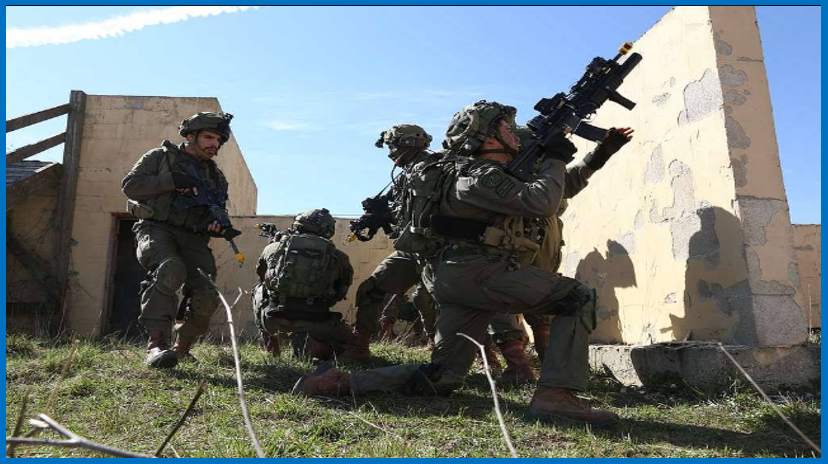TEL AVIV, ISRAEL – In a sweeping overnight operation, Israel launched Operation Rising Lion, striking over 100 targets across Iran and eliminating top military commanders, including Chief of Staff Mohammad Bagheri and Islamic Revolutionary Guard Corps (IRGC) Commander Hossein Salami.
Drone Interceptions and Regional Impact
Iran retaliated by launching over 100 drones toward Israel, but the Israeli Air Force successfully intercepted all incoming threats. Jordanian air defenses also engaged, intercepting missiles and drones that entered Jordanian airspace, prompting heightened security measures.
Iranian Response and Escalation
Iran condemned the strikes, calling Israel a “terrorist Zionist entity” and vowing unrestricted retaliation. Iranian Defense Minister Ahmad Vahidi warned that Iran’s forces are “prepared for years of war”, promising a harsh response.
Casualties and Leadership Changes
Iranian media reported at least 50 injured north of Tehran and five killed in the capital. In response, Iran appointed Amir Habibollah Sayyari as armed forces chief and Ahmad Vahidi as IRGC commander.
International Reactions and Future Outlook
The UK government ruled out military defense support for Israel in case of an Iranian attack. Meanwhile, Iran withdrew from scheduled talks with the U.S., signaling further diplomatic strain.
Israel Prepares for Retaliation
Israeli officials anticipate significant Iranian retaliation, possibly involving hundreds of ballistic missiles. Sirens sounded across Israel at 3 a.m., warning of potential strikes, as the Israeli Air Force launched a fifth wave of attacks in western Iran.
Conclusion
The Israeli operation marks a major escalation in regional tensions, with both nations bracing for further conflict. The international community watches closely as the situation unfolds and hopes for a peaceful resolution.



